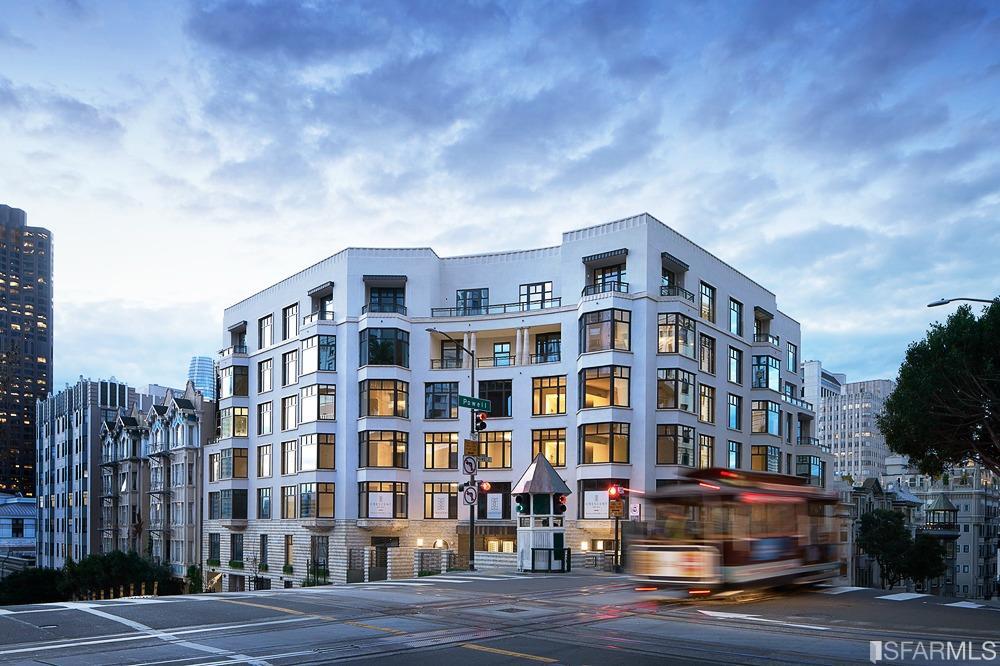What to Get out of Your HOA Condo Organization
Wiki Article
The Role of an HOA in Developing and Enforcing Community Guidelines for Homeowners
The role of a Homeowners Organization (HOA) in establishing and enforcing community standards is basic to maintaining a cohesive and organized household environment. By creating clear guidelines that control aspects such as property maintenance and neighborhood conduct, the HOA not just sets requirements for citizens yet also promotes a sense of belonging and liability.Understanding Property Owners Associations
Homeowners organizations (HOAs) serve as regulating bodies for residential neighborhoods, playing a crucial duty in maintaining home worths and fostering a feeling of area. Commonly created by developers, HOAs are made up of home owners within a marked location who elect a board to oversee the association's activities. The main features of an HOA include applying community policies, taking care of usual locations, and organizing neighborhood occasions.HOAs run under a set of governing records, including conditions, covenants, and restrictions (CC&R s), which detail the rights and responsibilities of homeowners. These policies aim to make sure that residential or commercial properties are preserved to a certain requirement, thus protecting the aesthetic appeal and overall worth of the area. Additionally, HOAs often accumulate dues from homeowners to money maintenance, landscaping, and various other social work.
The visibility of an HOA can significantly influence the living experience within a neighborhood (hoa condo). While some homeowners value the structured environment and facilities given, others might discover particular guidelines limiting. Stabilizing the interests of all house owners is crucial for an HOA to operate efficiently, guaranteeing that it offers its intended function of improving area living while appreciating individual home owner legal rights
Establishing Neighborhood Guidelines

To begin, an HOA ought to perform studies or convene that allow locals to voice their recommendations and issues. This participatory process cultivates a sense of ownership and enhances compliance. Next off, the HOA board must analyze the comments to recognize common motifs and concerns that call for formal inclusion in the guidelines.
It is also necessary to make certain that the guidelines are clear, succinct, and quickly understood. Obscurities can bring about misconceptions and disputes, weakening the function of the standards. Furthermore, the standards need to be comprehensive, covering different facets of community living, consisting of property maintenance, noise degrees, and use of usual areas.
Enforcement of Guidelines
Effective enforcement of area regulations is crucial for preserving order and ensuring that all citizens stick to the established standards. An HOA should implement an organized strategy to enforce these laws, which usually includes a combination of tracking, communication, and charges for non-compliance.First, normal evaluations and neighborhood patrols can help identify infractions, making certain that rules are continually applied throughout the area. This these details proactive tracking permits the HOA to attend to issues prior to they rise, cultivating a sense of liability among citizens.
Second, clear interaction is crucial. Residents ought to be notified of the rules and the procedures for reporting offenses. An open line of communication urges locals to voice issues and seek clarification on standards, which can boost compliance.

Finally, when infractions happen, the HOA should apply consequences as outlined in the controling records. By successfully implementing guidelines, an HOA can cultivate an unified living setting that mirrors the cumulative values of its residents.
Advantages of HOA Rules
Many benefits arise from the execution of HOA guidelines, which offer to enhance the lifestyle within an area. One main advantage is the upkeep of property worths. By implementing standards for aesthetic appeals and upkeep, HOAs make certain that homes and typical areas stay attractive, cultivating a desirable navigate here living environment that can bring about boosted home values with time.Furthermore, HOA regulations advertise uniformity and harmony within the community. This comprehensibility in design and upkeep helps to develop a sense of belonging amongst homeowners, adding to area pride and a favorable atmosphere. Furthermore, established standards facilitate dispute resolution among next-door neighbors by supplying clear expectations and procedures for actions, thereby decreasing disputes.
Another significant benefit is the stipulation of common amenities and services. Several HOAs handle area facilities such as parks, swimming pools, and clubs, which enhance recreational opportunities for citizens. These amenities not only boost the quality of life but also urge social communication.
Inevitably, the guidelines established forth by an HOA cultivate an efficient, harmonious area, making certain that citizens appreciate a high standard of living while promoting an encouraging atmosphere for all property owners.
Usual Obstacles Faced by HOAs
Amidst the advantages that house owners associations (HOAs) can supply, they also encounter a selection of obstacles that can impede their efficiency. One substantial issue is the lack of resident involvement. Many property owners may not take part in conferences or area activities, resulting in a disconnect between the HOA board and citizens. This disengagement can result in misconceptions regarding neighborhood guidelines and an absence of assistance for enforcement initiatives.Disagreements can arise when citizens really feel that enforcement is irregular or biased, potentially leading to disputes within the neighborhood. Additionally, HOAs often face financial restrictions, which can official source limit their ability to keep common locations or fund area tasks.
Additionally, browsing legal intricacies can be intimidating for HOAs. Altering demographics and progressing area needs call for HOAs to adapt their standards, often meeting resistance from enduring residents that are accustomed to typical standards.
Verdict

By developing clear guidelines that regulate aspects such as property maintenance and neighborhood conduct, the HOA not only sets standards for locals yet also cultivates a feeling of belonging and responsibility.Homeowners associations (HOAs) offer as regulating bodies for household communities, playing a vital role in maintaining property values and fostering a sense of community. Numerous property owners might not participate in conferences or area activities, leading to a detach between the HOA board and homeowners. Changing demographics and advancing area needs need HOAs to adjust their guidelines, frequently fulfilling resistance from long-standing locals that are accustomed to standard standards. With the development of clear policies and consistent enforcement, HOAs promote building maintenance, area pride, and depend on among citizens.
Report this wiki page